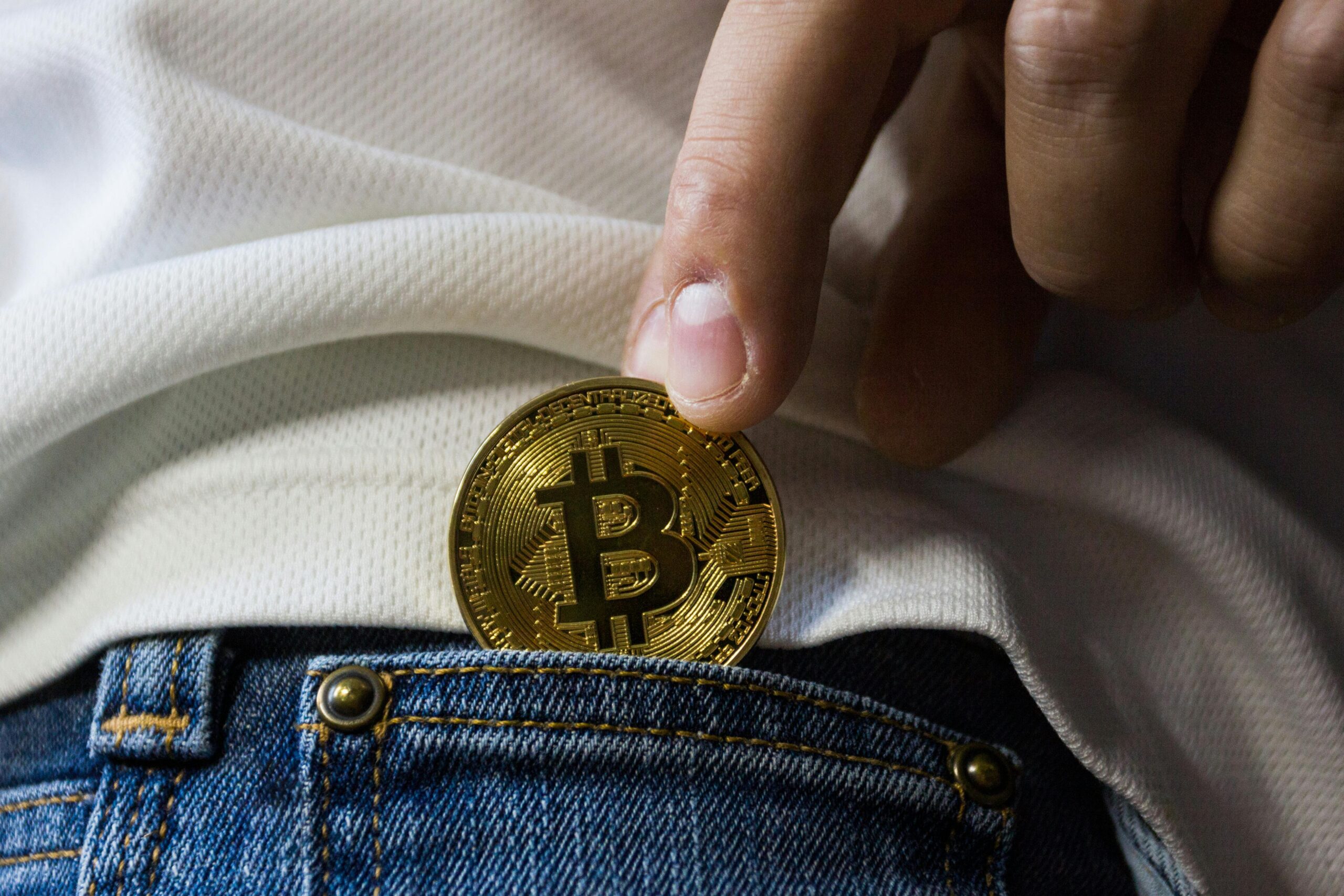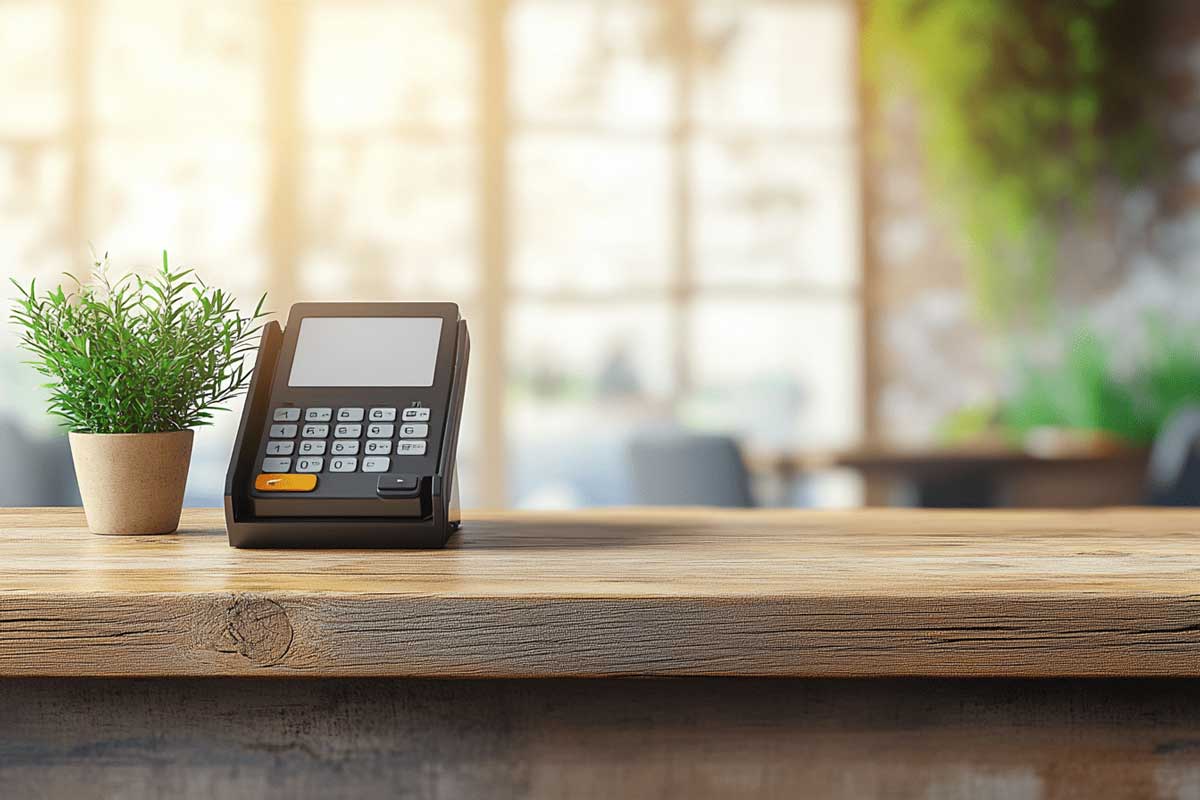As cryptocurrency becomes more popular, high-risk merchants are changing their approach to payment options. What was once saved for tech gadgets and techies has transformed into a necessary step in the global payment hierarchy—from online and brick-and-mortar checkouts to gambling and CBD-related efforts that find banking options and credit card payment processors denying anyone the chance to trigger their potential. While the upside is appealing—crypto payments are faster, more flexible, and with lower fees—the downside is detrimental. Fraud, criminal acts, compliance issues, and more have the potential to derail even the most merchant-favorable efforts. Therefore, crypto checkout optimization is essential for ensuring a better answer. When secure credit card processing standards blend with merchant services payment processing solutions, crypto checkouts can be created to protect payment processors while earning revenue.
Why Crypto Matters in High-Risk Transactions
High-risk verticals struggle to find standard banking solutions. Industries like nutraceuticals and CBD, gambling, and digital content creation require high transaction fees for processing at the very least or often get denied across the board. Cryptocurrency is a way to avoid any of those issues—with a lower fee structure, faster settlement, and wider access across the globe. For customers, this translates to privacy and convenience; for merchants, additional captive audiences with lower chargeback risk[1]. However, without the crypto checkout optimized solution, the same flexible payment opportunities present vulnerabilities.
Secure Credit Card Processing Principles Applied to Crypto
When safety is a priority in the transaction process, secure credit card processing opportunities are king. Vaulted payment processors have PCI DSS compliance, fraud detection, tokenization, and other protective layers keeping personal and sensitive information safe. Similarly, merchants must rely upon these tenets for crypto checkouts even though there is no centralized governing transaction point due to decentralized transactions. Wallet verification serves as an issuance layer; blockchain monitoring reigns as credit card oversight; secure gateways represent the brick-and-mortar position of the checkout system[2]. When high-risk merchants pattern their crypto checkouts after secure credit card processing options, users feel safe transacting.
The Role of Merchant Services Payment Processing in Crypto
Merchant services payment processing is consistently more than payment—it’s settlement and reconciliation, retrospective reporting and dispute transactions. In the world of crypto transactions, while the goal is the same, the infrastructure by which it’s undertaken differs. Merchants no longer have merchant service banks or issuing banks; they have crypto payment processors who convert crypto to fiat currency, allow real-time reporting capabilities, and apply transaction fee structures. Quality merchant services partners uphold the reputation of reliable operations—crypto transactions should be deemed no different than non-crypto efforts regarding volatility and risk.
The Link Between Checkout Speed and Customer Retention
Time is on everyone’s side—especially with high-risk verticals. Crypto payments can be processed within minutes, while payment approvals can take days; thus, poorly implemented routing within poorly designed processes is too bad. If acceptance delays happen due to verification of holdings or unclear validations on wallets, or fluctuating conversion rates frustrate clients, merchants miss transactions. Improving speed through integration with lightning networks, stablecoins, or real-time confirmations makes the crypto checkout a reality for speed.
Future Trends in Crypto Checkout Optimization
In the future of payment processing, worlds will collide. The previously integrated world of crypto with merchant services will create hybrid checkouts so customers can easily select if they want to pay fiat or crypto without a second thought. For high-risk merchants, this means anticipating future behaviors from AI, determining fraudulent blockchain activity, to tokenized payments or central bank digital currencies (CBDC)[3]. The more businesses create optimizations today, the better they’ll sustain themselves in the future.
Key Elements of Crypto Checkout Optimization
Wallet Verification
Having clients prove their wallets legitimatizes where the payments are coming from—a way for merchants to avoid payment fraud. With wallet verification, merchants can reduce fraud risk while complying with anti-money laundering efforts.
Blockchain Monitoring
Monitoring what's occurring on the blockchain post-payment submission helps identify what's going on with tools that read transaction histories to flag potential problems before payments go through.
Integration With Existing Systems
Should the crypto checkout integrate with accounting software, POS systems, or reporting software, it's a seamless transaction. If it does not link, reconciliations are a headache.
Transparent Conversion Rates
Conversion rates should be clear at the checkout screen. Cryptocurrencies fluctuate consistently (more so with significant ones), and making conversion rates known minimizes complaints on hurts days and builds trust.
Multi-Currency Support
Merchants should have numerous currency offerings beyond just Bitcoin. When clients want to use Ethereum or a stable coin—or a regional token—the more avenues explored mean less roadblocks.
User-Friendly Interfaces
Even the savviest crypto consumer will abandon cart if they cannot successfully check out. User-friendly features—from clear and concise imagery to mobile-responsive pages—avoid friction.

Compliance in Crypto Merchant Services
One of the most significant risks of adopting crypto is regulatory uncertainty. High-risk merchants must comply with their financial regulations compliance as well as specific industry holdings. Therefore, crypto checkout systems must comply with KYC-type protocols; anti-money laundering efforts must be in place; and processors must be licensed within the respective operational geography. The goal is to posit that a customer’s crypto experience will be just as compliant as a fast turnaround approval option. Merchants who seamlessly integrate compliance checks into the customer experience will earn better long-term trust[4].
How Crypto Checkout Reduces Chargeback Exposure
One of the great things high-risk merchants love about cryptocurrency payments is that there are no official chargebacks. Once payment goes through, utilizing blockchain technology, it cannot be reversed, preventing loss through scams. Merchants must be careful with refunds and disputes so that they do not incur additional liability; however, creatively integrating transparent refund policies ensures customers feel good about the transaction without holding merchants hostage[5].
FAQ
Q: How can crypto checkout adopt secure credit card processing standards?
A: Wallet verifications can be executed like tokenization, while encryption powers and blockchain monitoring can set standards that other credit card networks provide.
Q: What role do merchant services payment processing companies play in crypto?
A: Merchant service companies assist in processing converted crypto into fiat currencies with reporting capabilities while providing compliance measures across the globe.
Q: Are crypto payments safer than credit cards?
A: They can be, but they create new risks like volatility while eliminating chargebacks. Properly vetted solutions make credit card transactions just as secure.
Q: How can checkout speed improve customer retention?
A: If speed occurs digitally with confirmation or efforts that make the customer experience smooth, operationalized, clients will come back; they’ll want to know what else they can purchase.
Q: What future trends will shape crypto checkout optimization?
A: Decreasing reliance where fiat can become crypto; make AI-determined fraud prevention in blockchain more relevant; integrate CBDC endeavors into merchant service solutions.
Sources
- Visa. “Visa and Cryptocurrency: Advancing the Future of Payments.” Accessed August 2025.
- Forbes. “Why Crypto Checkout Is Essential for Businesses.” Accessed August 2025.
- PCI Security Standards Council. “PCI DSS and Emerging Payment Technologies.” Accessed August 2025.
- CoinDesk. “Crypto Payments Guide.” Accessed August 2025.
- McKinsey & Company. “Crypto and Digital Payments Outlook.” Accessed August 2025.











